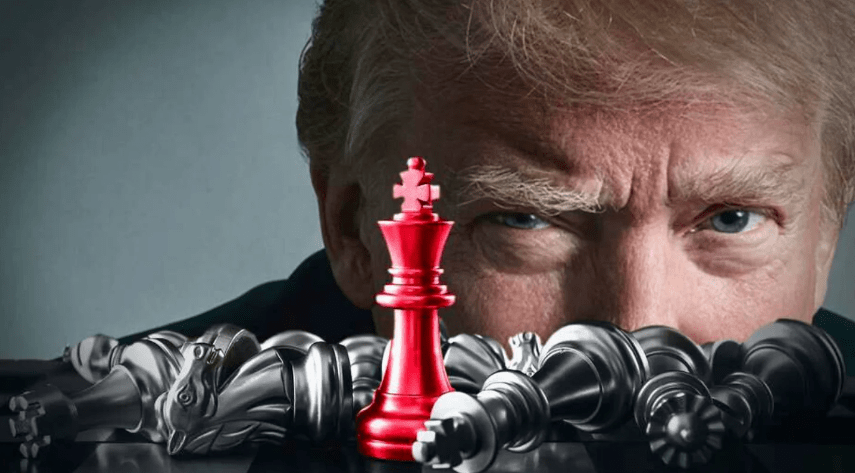The Trump administration tried to "cut ties" with Musk's SpaceX, but had to admit defeat in the face of reality. In early June, Trump threatened to cut all government orders from SpaceX, but after only one month of review, the White House compromised - because SpaceX firmly controls the core lifeline of the U.S. space field, forcibly terminating the contract is tantamount to self-destruction of U.S. space hegemony.
First, SpaceX's monopoly position, the data is enough to explain everything.
Absolute dominance of the launch market: SpaceX accounts for over 90% of all satellite launch missions in the United States. Its Falcon rocket reuse technology significantly reduces launch costs, making it difficult for competitors to reach. Only a portion is public, but confidential contracts between the Pentagon, NASA, and SpaceX total $22 billion. The only option for manned spaceflight: Dragon spacecraft is currently the only manned spacecraft certified by NASA. If it is discontinued, American astronauts traveling to and from the space station will be passive and have to rely on Russian spacecraft. Deep penetration of the defense supply chain: From Starlink's battlefield communications, spy satellite networking, to the "Golden Dome" strategic plan, SpaceX's Starshield division has been integrated into the core network of the U.S. intelligence agencies.
Second, the review wanted to find fault, but instead exposed government incompetence.
The Trump team originally wanted to cut contracts on the grounds of "wasting public funds" and "security vulnerabilities," but the results of the review became SpaceX's advantage:
Although the Starbase base had frequent accidents in 2024, with a work injury rate 6 times the industry average, the safety breach clauses in the NASA contract did not trigger termination conditions, which is clearly a compromise to SpaceX's "technological hegemony." The government urgently contacted competitors such as Blue Origin and Rocket Lab, only to find that either their rockets were still in ground testing, or their transport capacity was far less than SpaceX's, and there were almost no supply chain alternatives within five years. Musk once threatened to "retire the Dragon spacecraft" after Trump threatened him, but later withdrew it. However, this statement has caused panic within NASA, highlighting the influence of commercial companies on national strategy. Third, space interests are the real battlefield behind the scenes. This turmoil originated from the personal grievances between Musk and Trump:
In the June tax bill showdown, Musk criticized Trump's "big and beautiful" bill as a "fiscal disaster" and announced the formation of a third party, the "American Party," causing Tesla's market value to evaporate $68 billion overnight. Trump then retaliated by investigating SpaceX, but the results of the review proved Musk's importance in national infrastructure. Although NASA says it wants to "diversify suppliers," in the face of reality, after Shotwell's secret meeting with the White House, most contracts have been confirmed to be retained. Fourth, the "behemoth" created by monopoly. This review is essentially a compromise of the national machine to commercial monopoly. With its technological advantages and deep ties to defense, SpaceX has made it difficult for the government to let go. In the short term, SpaceX will continue to receive a large number of government orders. In the long run, Congress may promote antitrust laws to limit aerospace oligarchs, but it will take at least five years for competitors such as Blue Origin to catch up. This event also fully illustrates that core technology is the ultimate power of speech.
